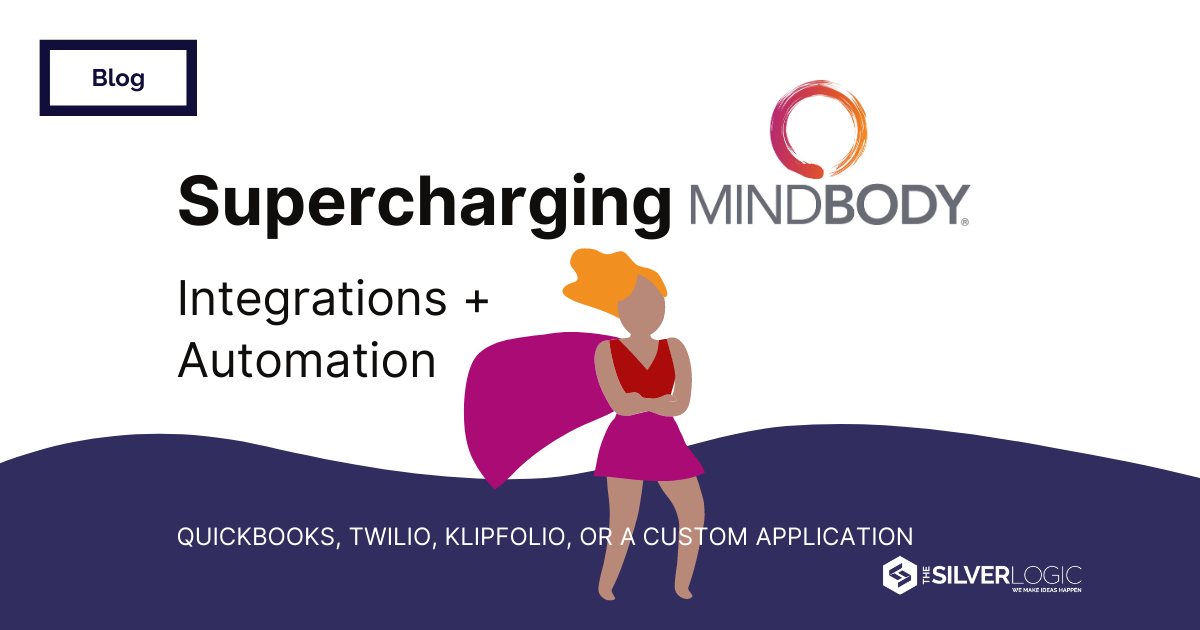Platform Cooperatives: What are they and who is a good fit?

What is a Platform Cooperative?
As defined by the International Co-operative Alliance, a cooperative is an autonomous association of persons united voluntarily to meet their common economic, social, and cultural needs and aspirations through a jointly owned and democratically controlled enterprise. A platform cooperative is a cooperatively owned, democratically governed business or organization that establishes a computing platform and uses a website, mobile app, or protocol to facilitate the sale of goods and services. Platform cooperatives are an alternative to venture capital-funded platforms insofar as they are owned and governed by those who depend on them most—workers, users, and other relevant stakeholders. And most importantly, the people that use the platform ARE the product. Tim O’Reilly in his ‘compact’ definition of Web 2.0 mentions this concept in his discussion of what a platform is: “Web 2.0 is the business revolution in the computer industry caused by the move to the internet as a platform, and an attempt to understand the rules for success on that new platform. Chief among those rules is this: Build applications that harness network effects to get better the more people use them. (This is what I've elsewhere called "harnessing collective intelligence.") (Tim O'Reilly, Web 2.0 Compact Definition: Trying Again, Dec. 2006)
What is a Cooperative? The 7 Cooperative Principles
Cooperatives differ from other business structures in that they adhere to cooperative principles and values that reflect social, political, and business concerns. These seven cooperative principles are the basis for how cooperatives customarily operate around the world and can be traced back to the first modern cooperative founded in Rochdale, England in 1844.
- Voluntary Membership
- Democratic Member Control
- Member economic participation
- Autonomy and independence
- Education, training, and information
- Cooperation among cooperatives
- Concern for community
Over time, these concepts have been refined and adjusted. Today, cooperatives worldwide widely endorse the seven principles set forth by the International Cooperative Alliance. (NCBA CLUSA. read Jan. 2022).
How Platform Cooperatives Can Benefit Business Owners
So, why would anyone consider the co-op model? Platform co-ops can be a way for businesses to use a member-ownership model to serve their members better. Rather than be at the mercy of investors and having no say in how the company is run and how profits are disbursed, a cooperative is owned by the members for the benefit of the members and their customers and is accountable to users/members rather than outside investors or venture capitalists.
For example, The Drivers Cooperative is an alternative to ride-sharing companies like Uber and Lyft—with an app available in the Apple Store and Google Play stores—where Wall Street and Silicon Valley investors get a large slice of the profits. Members who drive for The Drivers Coop make 8-10% more on each trip than on Uber and Lyft, and all profits go back to the members as dividends.
Another example is Up & Go, a housecleaning cooperative where members take home 95¢ of every dollar earned while the remaining 5¢ goes to sustaining Up & Go’s booking services. We’re classifying Up & Go as a platform cooperative because it is a cooperatively-owned digital worker platform and the member-owners (the workers) are the product.
Finally, an example of a very successful cooperative is Land O’ Lakes, Inc., a farmer's cooperative formed in St. Paul, Minnesota in 1921 by 320 Dairy farmers and has since grown into a cooperative with businesses in dairy foods, animal feed, and seed/crop protection (Wikipedia, read Jan. 2022). But, we cannot be classified as a platform coop because they have neither a platform nor an app in which its members are the product. Rather, the user members produce a product and the coop helps market and distribute those products.
How Does Decision Making Work in a Cooperative Organization?
The question sometimes asked regarding cooperatives is: “If Platform members are the decision-makers, won’t that lead to mob rule?” Interestingly enough, the answer to this question is generally, “No.” Although the potential for a difficult decision-making process seems apparent, cooperatives find a way to make it work.
For example, at Metalabel, the goal of the coop is to establish new ways for creative people to release their work together and support one another. Members pool their skills, audiences, and resources to support their collective creative vision. Metalabel allows creators to work together on “Labels'' that correspond to their creative endeavors. For example, writers, musicians, podcasters, painters, designers, etc. can come together to release work, sell work, and share the proceeds to fund new work to extend the member's visibility to a wider audience.
Another example is Stocksy, a platform coop for freelance artists. At Stocksy, members use an internally developed intranet platform to propose a resolution anytime by submitting an idea for discussion. Once submitted, the membership can vote on whether it should be addressed by the co-op, and once a quorum is established, members have 7 days to vote on whether to advance the idea to the next stage. A democratic debate between the membership and the company’s leadership determines whether to approve or reject the resolution. If the board approves the resolution, it moves on to the resolution committee to prepare the resolution for final voting. If the resolution is approved by a majority of members, it becomes part of the business roadmap (Start.coop case study, Stocksy, read Jan. 2022).
Source: Start.coop
Cooperatives versus DAOs (Decentralized Autonomous Organizations)
As mentioned at the beginning of this blog, a cooperative is defined as an autonomous association of persons united voluntarily to meet their common economic, social, and cultural needs and aspirations through jointly owned and democratically controlled enterprise.
DAOs (Decentralized Autonomous Organizations), on the other hand, are token-coordinated internet-native organizations that use blockchain as their foundation and take a variety of forms as well. These include:
- Protocol/platform DAOs
- Creator DAOs
- Service DAOs
- Curation DAOs
- Investment DAOs
- Social DAOs
While there are differences between these two models, there may be a way that both models can learn from one another and merge the DAO concept with the cooperative model, as is being done with the following organizations:
- ETHDenver: a member-owned Community Innovation Festival
- Opolis, a digital employment cooperative for freelancers
- Common Lands, a decentralized, autonomous housing cooperative
- SongADAO, a DAO formed around musician Jonathan Mann’s daily song releases, which recently incorporated as a legal cooperative
The best framework for an organization may not be a choice between these two alternative models but a blend of both.
Do you need help with your member-based organization?
If your business or organization is membership-based and you would like to build out software or an app to facilitate onboarding clients or some other service, and you aren’t sure how to proceed, The Silverlogic (TSL) can help. TSL, located in Boca Raton, Florida, is a global organization of full-time software engineers, designers, and architects focused on developing and delivering products that help businesses grow.
